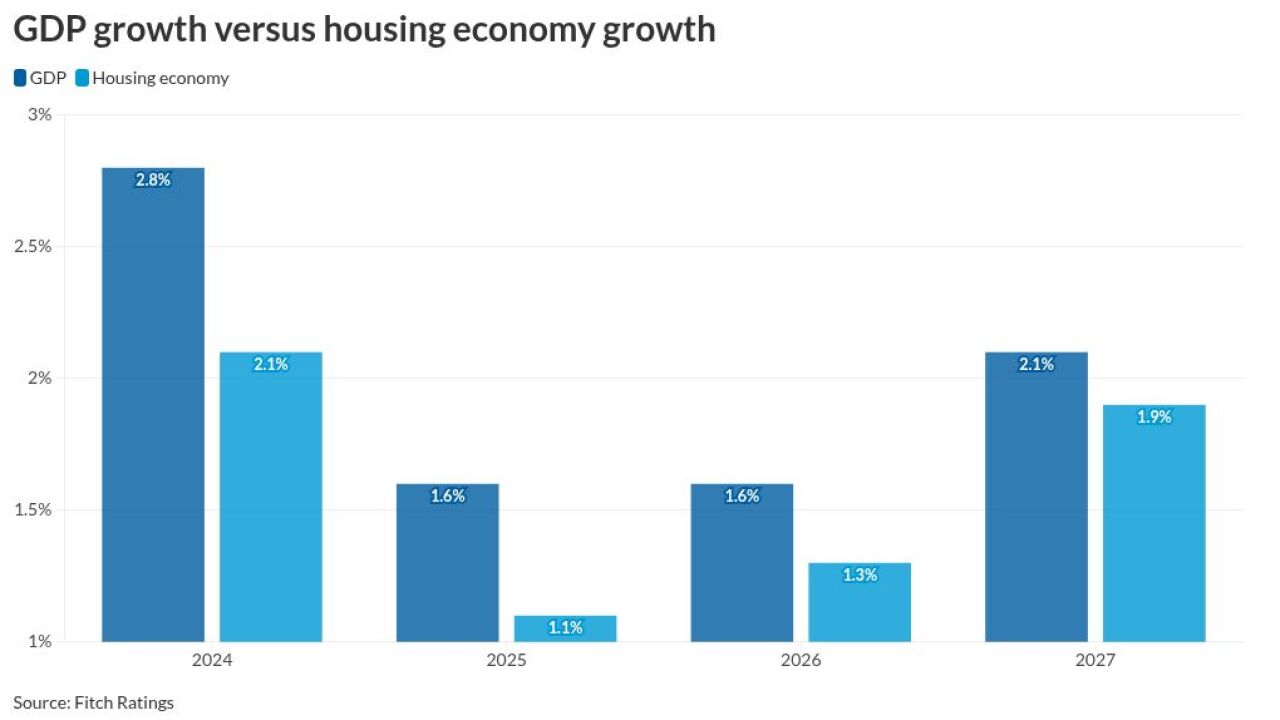Freedom Mortgage faces a proposed class action lawsuit, which alleges the lender made several marketing calls to a South Carolina resident in violation of federal and state regulations.
Plaintiff Brittany Williams said she received multiple calls from three different
In at least two instances, the caller left different numbers belonging to Freedom at which they could be reached.
In her suit, Williams stated she had never borrowed from or otherwise corresponded with Freedom Mortgage, and her personal number had been listed on the National Do Not Call Registry since 2017. Freedom's actions, therefore, constituted a breach of
The legal documents, which were filed in federal district court in South Carolina, state that Williams seeks to represent a class estimated to number, "at minimum, in the hundreds," according to her lawyers.
"Because the calls were transmitted using technology capable of generating thousands of similar calls per day, plaintiff brings this action on behalf of a proposed nationwide class of other persons who were sent the same illegal telemarketing calls," the suit said.
In addition to seeking certification as a class action represented by Williams as lead plaintiff, the lawsuit also requested a jury trial, monetary damages and declaration that Freedom Mortgage violated both the TCPA and South Carolina Telephone Privacy Protection Act.
Any proven violation of the federal TCPA's do-not-call policy would result in a financial penalty charged to the offending party of $500 for each occurrence.
In the current suit, Freedom would also be potentially subject to even harsher penalties for violations of the
Freedom Mortgage had not yet responded to the allegations or the proposed suit prior to article publication. MPA first reported the suit.
Recent scrutiny and change to TCPA regulations
The latest lawsuit comes during a period when consumers have shown themselves ready to apply legal pressure on lenders over
Regulators also
However, a stricter Federal Communications Commission change known as the one-to-one rule, which would have limited how often and when businesses could reach out to individual parties, was





